The seemingly accidental downing of an Azerbaijan Airlines passenger jet by Russian air defenses on Dec. 25, 2024, emerged as a pivotal event in the developing relationship between Moscow and Baku. Azerbaijani President Ilham Aliyev is at the forefront of this shift toward a more intricate system of mutual agreements, holding Moscow accountable for the air disaster instead of letting it off the hook.
While the Kremlin followed long-standing bureaucratic traditions of avoiding responsibility for as long as possible, Aliyev insisted that Moscow acknowledge its guilt, conduct a transparent investigation and hold those responsible accountable.
When the tragedy occurred, Aliyev was en route to St. Petersburg, but he immediately ordered his plane to turn around and return to Baku. This marked the beginning of deterioration in relations. A few days later, Aliyev confirmed that the aircraft had been shot down by a land-based system and expressed outrage over Russian attempts to “fudge the issue.” Even a phone call and a vague apology from Russian President Vladimir Putin failed to resolve the matter. During a meeting with the victims’ families on Jan. 6, Aliyev reiterated that “the responsibility for the catastrophe lies with representatives of Russia.”
Volatile relations
Aliyev’s rhetoric has sparked questions about the future of ties between Russia and Azerbaijan, which had appeared to be improving since Baku gained full control over Nagorno-Karabakh in September 2023. Around that time, Azerbaijani media began adopting a more positive tone toward Russia. Furthermore, following Putin’s visit to Baku in August 2024, cooperation between the two countries on infrastructure projects deepened.
In the summer of 2024, there was speculation that Azerbaijan might assist in maintaining Russian gas exports to Europe via Ukraine. One proposal involved a “swap deal” where Azerbaijani gas would be transported through Ukraine to Slovakia and Hungary. Although this plan never materialized, and gas transit through Ukraine ceased on Jan. 1, Aliyev likely took satisfaction in demonstrating that Azerbaijan could be an intermediary between Russia and Europe.
However, the downing of Azerbaijan Airlines Flight J28243 has now placed Aliyev in direct confrontation with Moscow. The official Azerbaijani statement about Aliyev’s conversation with Putin regarding the crash asserted that the plane was brought down due to “external physical and technical interference.” Despite the measured language, the implication is clear. In contrast, the Russian statement on the same conversation merely expressed condolences for the “tragic incident” that occurred in “Russia’s airspace,” signaling that Russia is far from acknowledging responsibility.
Aliyev’s judgment
Moving forward, Aliyev is expected to use this incident as a strategic tool to bolster his position in future negotiations with Moscow, such as those surrounding the Zangezur Corridor – the proposed transport route through Armenian territory that would connect Azerbaijan with the exclave of Nakhchivan. Aliyev insists that Azerbaijani border guards must be involved in its implementation. Moscow has always been cautious about agreeing to the corridor, fearing it could deepen ties between Türkiye and Azerbaijan, ultimately diminishing Russia’s role as a kingmaker in the South Caucasus.
The ongoing Ukraine war has severely limited Russia’s ability to act, and Azerbaijan is poised to capitalize on this shift. This process could be seen as a way of shaking off the colonial legacy of the Soviet Union by asserting greater foreign policy independence from the former imperial center. Now, the tables are turning; it’s not just Moscow that can impose rules on former Soviet republics.
At the same time, Baku’s response to the air disaster was not solely driven by geopolitics; public opinion in Azerbaijan played a crucial role. Images of the damage to the airplane, which later crashed in Aktau, sparked widespread outrage throughout Azerbaijani society. The Azerbaijani leader swiftly decided to stand in solidarity with his outraged population.
Trade fosters both countries
Nevertheless, Baku’s anger is not hindering trade requirements. On Feb. 11, Azerbaijani leader Aliyev ratified an agreement made in late 2024 to expand the North-South corridor, which connects Iran and Russia through Azerbaijan. The 2024 bilateral agreement outlines the modernization of road and rail infrastructure to handle an increasing trade volume.
The Iran factor in the North-South corridor is a key consideration for Baku. On Feb. 18, officials from Azerbaijan, Russia and Iran reached an agreement on a plan to construct the Rasht-Astara railway in Iranian territory. The announcement was made during the 3rd Caspian Forum.
In his speech at the Caspian Forum, Azerbaijani Prime Minister Ali Asadov stated that Baku was prepared to allocate additional funds to rail projects to enhance North-South and East-West trade.
Meanwhile, Rahman Mustafayev, Baku’s envoy in Moscow, recently met with Igor Babushkin, the governor of Russia’s southern Astrakhan region, on Feb.11. The two reportedly discussed strategies to enhance the efficiency of Caspian seaborne trade.
It remains uncertain whether Putin will abandon his usual intransigence and admit culpability for the air crash or hand over those responsible to Baku. After all, if Putin were to make such a concession, it could set a precedent that would lead all of Russia’s other allies to demand the same treatment.

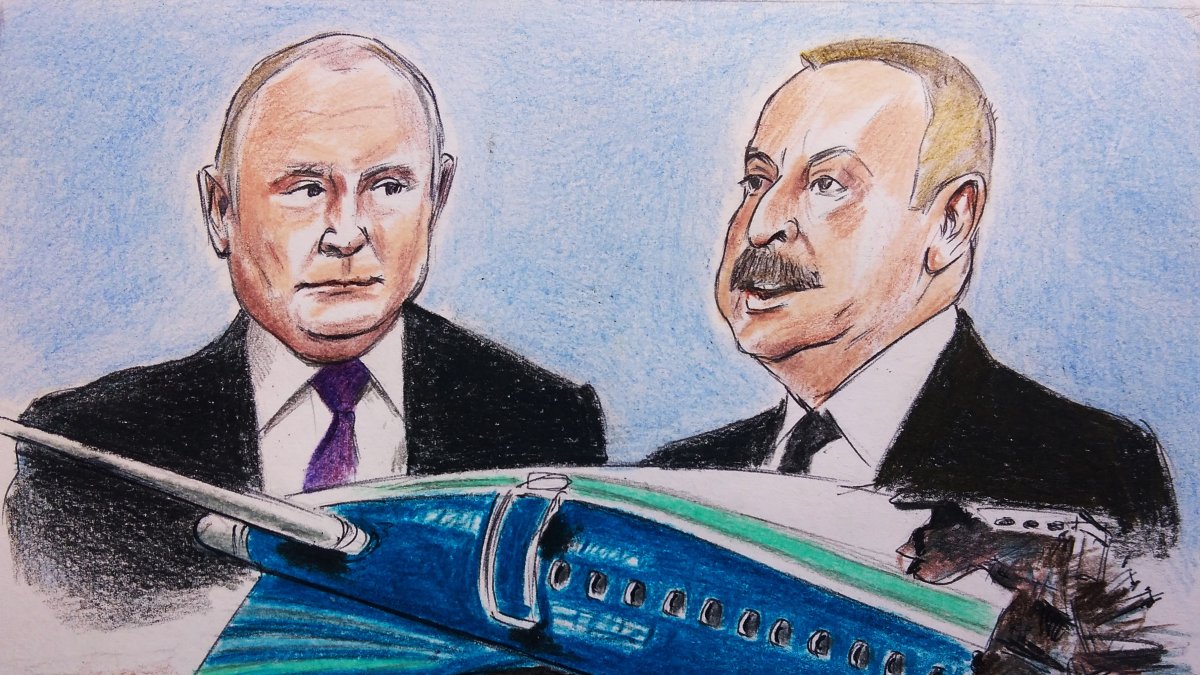




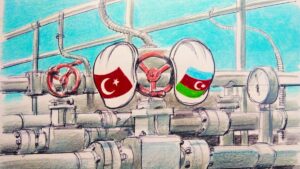





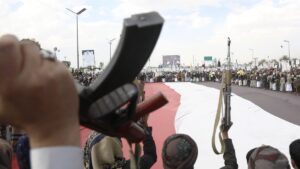





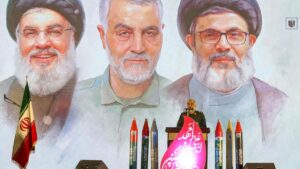


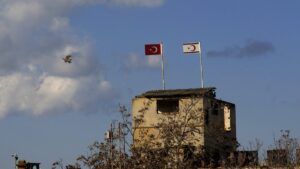













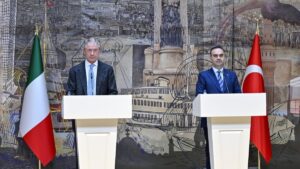




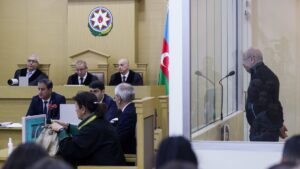


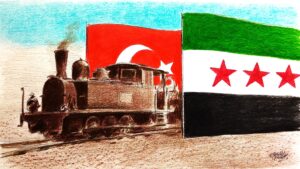




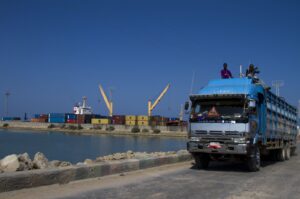



Be First to Comment